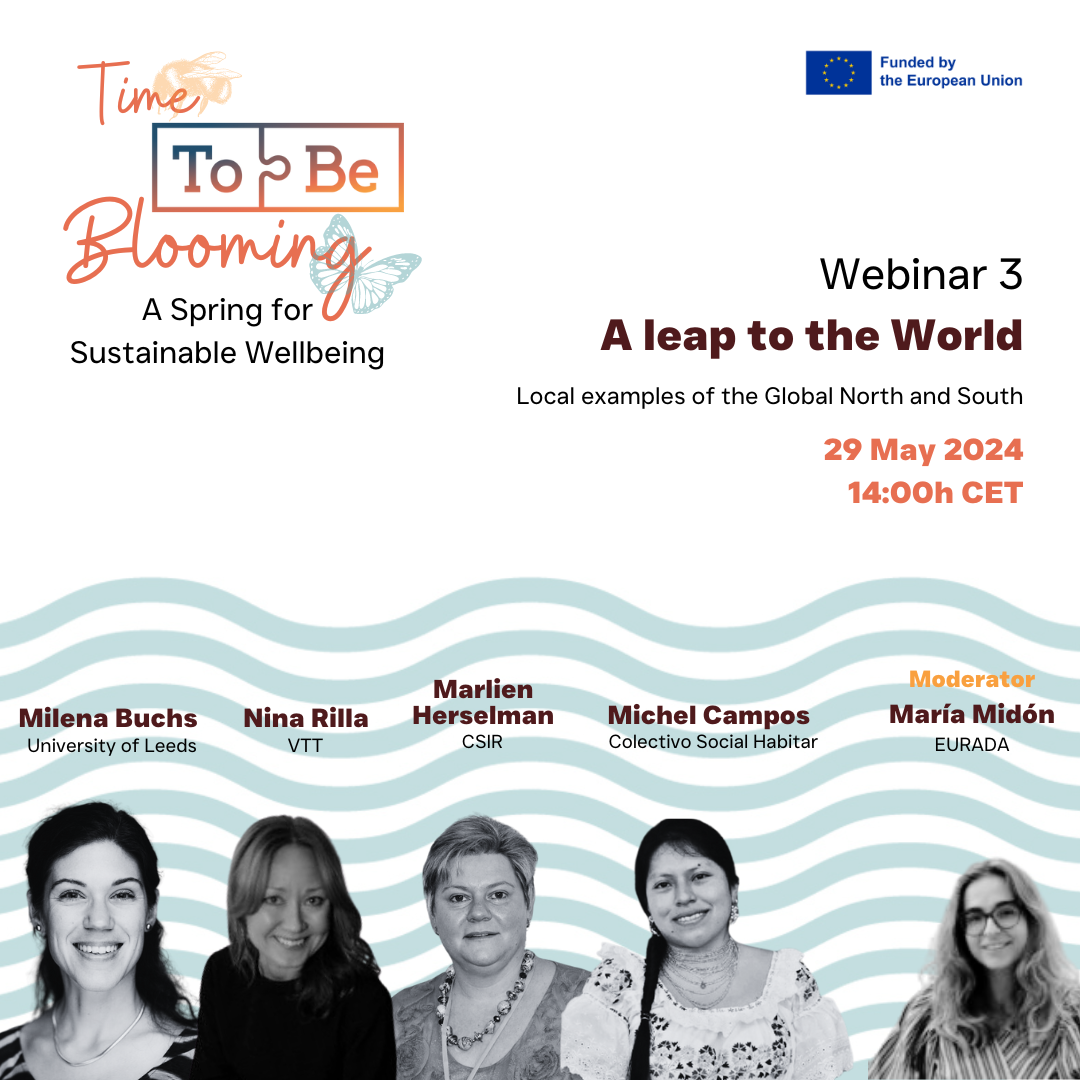Owing to the predominant focus on state-led initiatives when it comes to wellbeing initiatives, Milena Buchs, Professor of Sustainable Welfare at the University of Leeds, opened the floor raising the important question of what can, and should the role of the state be in not only the implementation of such initiatives, but also in the postgrowth transition. According to Buchs, the literature presents both arguments for and against state involvement, with critics steaming from both normative and theoretical approaches, arguing that the state perpetuates hierarchical power structures and is inherently tied to growth-based capitalism. On the contrary, proponents contend that the state’s capacity and legitimacy are crucial for leading the post-growth transition, as no single actor, including civil society, can achieve this alone.
She then highlighted the results from a series of interviews conducted in the framework of case studies in the Global North. Findings revealed that public administrations are often pluralistic on their own, with some factions supporting post-growth theories. More importantly, interviewees shed light on the role of civil society, mentioning the key role played by the Wellbeing Economy Alliance in promoting wellbeing economies. Despite these positive aspects, interviewees brought up persisting challenges in the postgrowth transition. Namely, growth-oriented perspectives continue to dominate the economic landscape, short-term policy cycles hinder long-term planning -essential for wellbeing economies-, resistance to change from public administrations and the confusion steaming from the multitude of alternative approaches to growth.
Second, Michel Campos, Director of the Commission of Human Talent at Habilitar Colectivo, provided insights into indigenous community-driven initiatives in Ecuador, such as UNORCAC, SUMAK YAKU, and UNCISA. These organisations emerged from the communities themselves, driven by a sense of community and strong cultural identity, as well as the perceived need for self-sufficiency, food and economic sovereignty, environmental conservation, and engagement on the youth in leadership positions. Nevertheless, they face significant barriers, such as limited support from municipal authorities, financial constraints, issues with land rights, and a lack of resources for education and infrastructure, among others. Despite these obstacles, the organisations continue to promote community wellbeing through sustainable practices, considering the key aspects of human and environmental wellbeing in all decision-making processes.
Third, Marlien Herselman, Chief Researcher at the CSIR,and Nina Rilla, Senior Scientist at VTT, shared experiences from their field visit to green growth projects in South Africa, focusing on food security. Two notable cases were highlighted: the Fresh Life Produce initiative in Cape Town and the Jwale Cooperation in Limpopo Province. The former employs vertical hydroponics to transform low-income communities from food consumers to producers, promoting urban agriculture. This approach addresses food insecurity and provides nutritional, organic food while also fostering local entrepreneurship. According to Herselman, the initiative's success lies precisely in its ability to integrate community involvement with sustainable agricultural practices.
The latter incentivises rural economic development through aquaponics, a method combining fish farming with hydroponic crop production. This initiative offers a sustainable solution to food security in areas with limited access to water and fertile land. Supported by various levels of government, the project not only provides fresh produce and fish but also empowers local communities by helping them establish their own small-scale farming businesses, underscoring the potential of rural areas to achieve sustainability and self-sufficiency.
In order to conclude, this webinar has showcased several examples of wellbeing economic initiatives in the Global South, highlighting the need to consider the impact of decisions in the community and the environment. Considering that the development and economic agenda has been and continues to be dominated by western, market growth-oriented approaches, and has proven to be inefficient and inconsistent with the pressing environmental needs, perhaps the time has come to learn from such community driven examples and listen to alternative voices coming from the other side of the equator.
